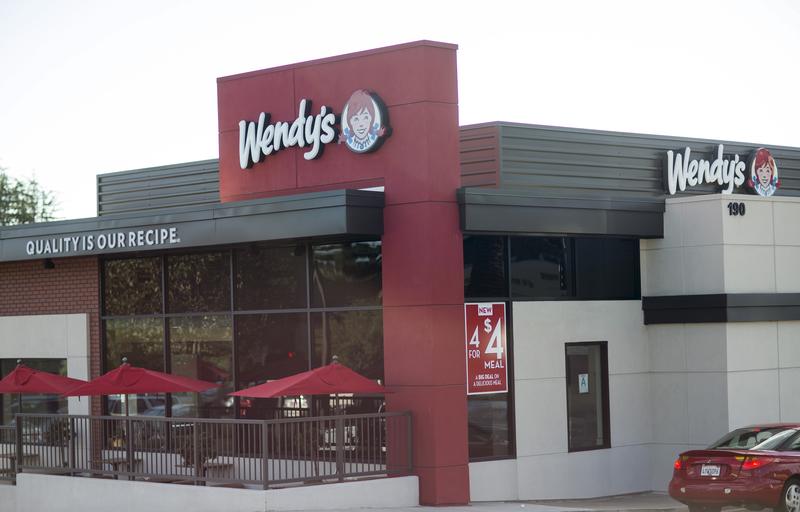Money
Why restaurants are embracing Uber-style surge pricing

Money
Wall Street hits record highs as markets shrug off Venezuela tensions
US markets hit record highs as investors shrug off geopolitical tensions, with the S&P 500 up 0.7% and Dow 1%.
Money
Dow hits record after U.S. military action in Venezuela
Dow Jones surged 600 points post-U.S. action in Venezuela, boosting energy stocks amid cautious gold futures rise.
Money
Wall Street eyes further gains in 2026 as rate cuts fuel optimism
Wall Street enters 2026 optimistic as falling interest rates and strong earnings drive stock market expectations amid economic resilience.
-



 Tech4 days ago
Tech4 days agoCES 2026 Highlights: AI, robotics, and the future of innovation
-



 Crypto3 days ago
Crypto3 days agoMorgan Stanley files for Bitcoin, Solana, and Ethereum ETFs
-



 Tech4 days ago
Tech4 days agoCES 2026 opens with AI powering the future of tech
-



 Ticker Views2 days ago
Ticker Views2 days agoViruses experts are watching in 2026
-



 Tech3 days ago
Tech3 days agoGlobal memory chip shortage set to drive electronics prices higher
-



 Ticker Views5 days ago
Ticker Views5 days agoElon Musk faces backlash over Grok AI Deepfakes
-



 Ticker Views5 days ago
Ticker Views5 days agoVenezuela, Gaza, Ukraine: is the UN failing?
-



 News3 days ago
News3 days agoPM initiates royal commission on anti-Semitism and unity






